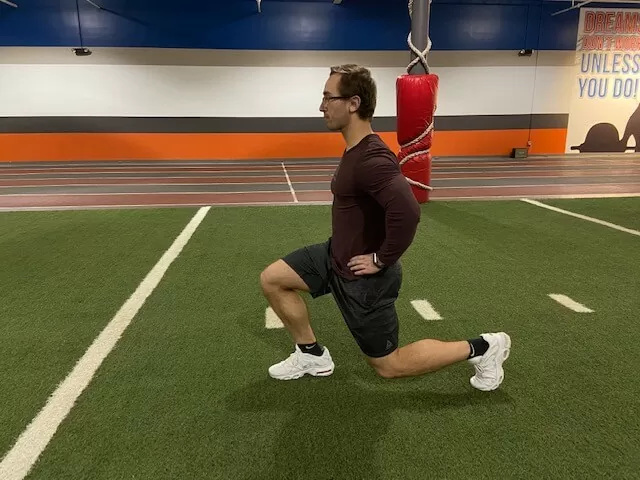Weight Loss Programs That Really Work
Maintaining a healthy weight can be a challenging journey, whether you’re aiming to lose or gain. Effective weight loss programs can help you achieve your goals, enhance your energy levels, and reduce the risk of major health issues. This blog will explore safe and effective strategies for weight loss, emphasizing the importance of balancing diet and exercise.
Understanding the Need for Weight Loss Programs
Weight loss isn’t just about shedding pounds; it involves reaching a healthy weight that boosts your energy and well-being. Benefits of achieving a healthy weight include:
- Improved blood pressure, cholesterol, and blood sugar levels.
- Enhanced energy levels and mood.
- Reduced joint pain and improved mobility.
- Better sleep quality.
The 30-30-30 Rule
One popular method gaining traction is the 30-30-30 rule. This approach involves:
- Eating 30 grams of protein within the first 30 minutes of waking.
- Exercising for 30 minutes.
This method aims to jumpstart your metabolism and is flexible enough to fit various lifestyles.
Good Cardio Exercises for Weight Loss
Cardiovascular exercises, or aerobic exercises, are vital for losing weight and preventing heart disease. Some effective cardio workouts include:
- Walking
- Running
- Cycling
- Swimming
While cardio is beneficial, combining it with strength training can enhance your weight loss results.
High-Intensity Interval Training (HIIT)
HIIT workouts are effective for weight loss due to their intense, short bursts of activity followed by rest. HIIT can help you burn calories quickly and improve muscle gain. Some HIIT exercises include:
- Burpees
- Push-ups
- High knees
- Jumping jacks
- Lunge jumps
- Mountain climbers
- Side jackknife
Strength Training
Incorporating strength training into your routine is essential for weight management. Gaining muscle mass can increase your metabolic rate, allowing your body to burn more fat. Effective strength training exercises include:
- Push-ups
- Kettlebell swings
- Lunges
- Step-ups
- Deadlifts
Intermittent Fasting
Intermittent fasting has gained popularity as a weight loss strategy. It involves limiting your eating to specific time windows, which helps your body enter a fasted state. Common intermittent fasting methods include:
- 16/8 Method: Fast for 16 hours and eat during an 8-hour window.
- 5:2 Diet: Eat normally for five days and restrict calories on two non-consecutive days.
- Alternate-day fasting and Warrior Diet are other popular approaches.
How Can a Personal Trainer Help?
A personal trainer can be a valuable resource in your weight loss journey. They offer:
- Expertise in exercise selection for weight loss.
- Guidance on nutrition and meal planning.
- Support in establishing effective routines.
- Motivation and accountability.
Personal trainers can tailor programs to suit beginners and experienced individuals alike.
Tips for Safe Weight Loss
To achieve sustainable weight loss, consider these essential tips:
- Maintain a nutritious balance in your diet.
- Manage your appetite by incorporating fiber-rich foods.
- Limit carbohydrates and refined sugars.
- Plan your meals in advance to avoid impulsive eating.
- Load up on vegetables, fruits, and fiber.
- Stay hydrated by drinking plenty of water.
- Get regular exercise and set achievable goals.
- Seek support from friends or professionals.
- Prioritize adequate sleep for recovery and energy.
Conclusion
Successful weight loss programs combine a healthy lifestyle, balanced nutrition, enjoyable exercises, and effective stress management. Remember that rapid weight loss can lead to nutrient deficiencies, so aim for steady progress. Choose exercises you enjoy and stay committed to your weight loss journey for lasting results.






